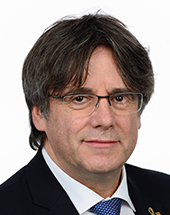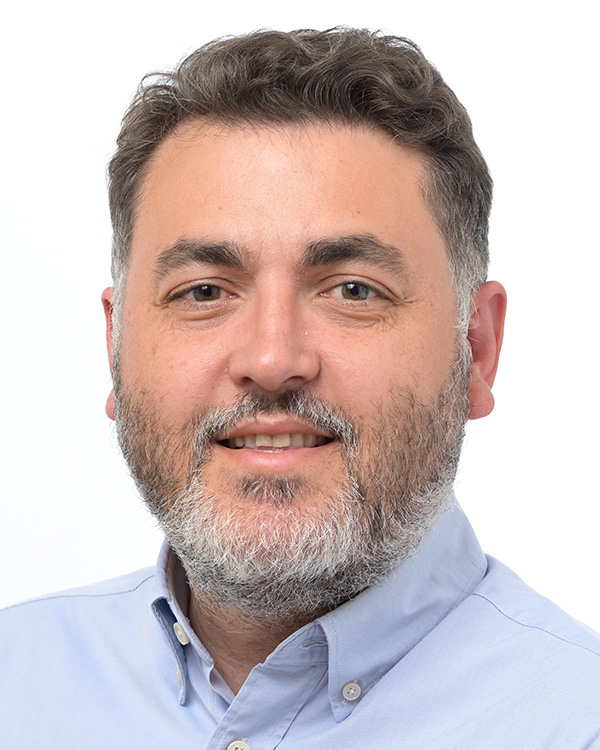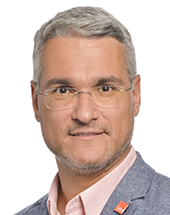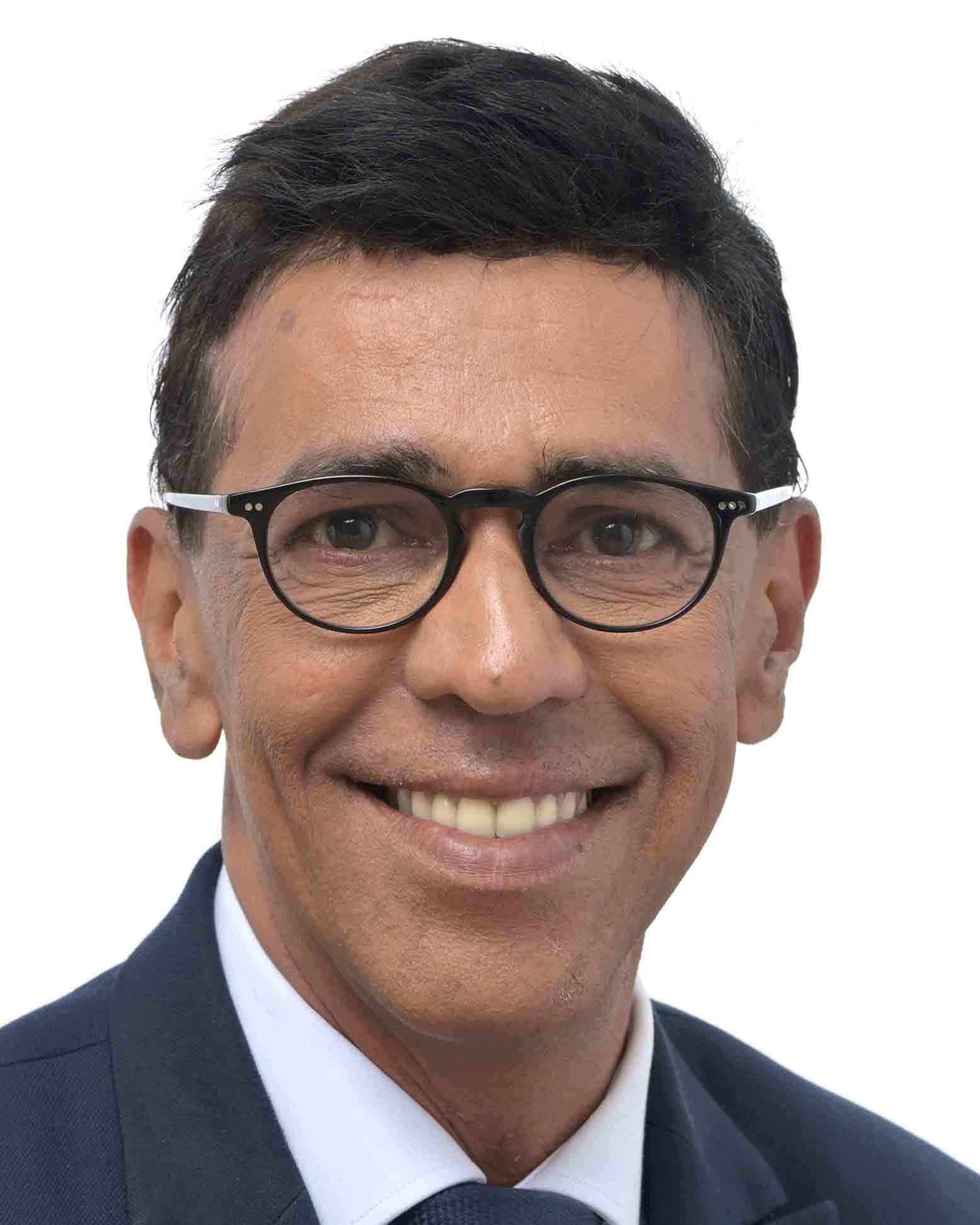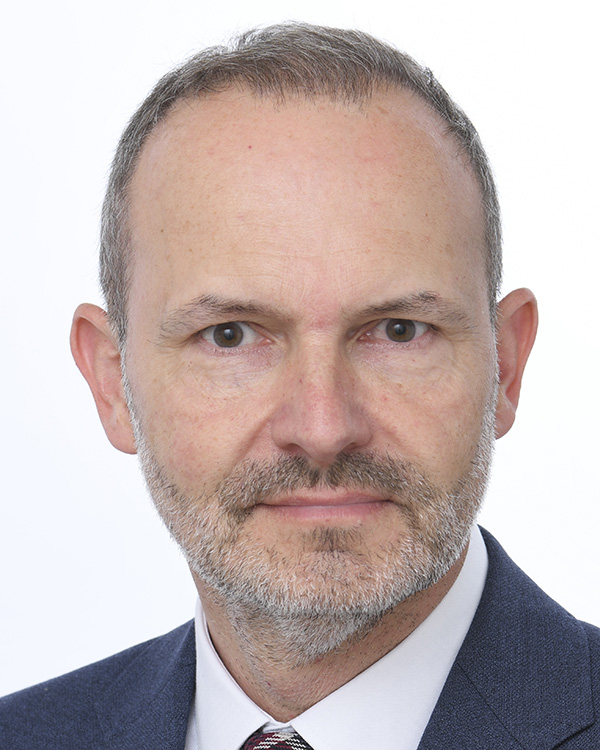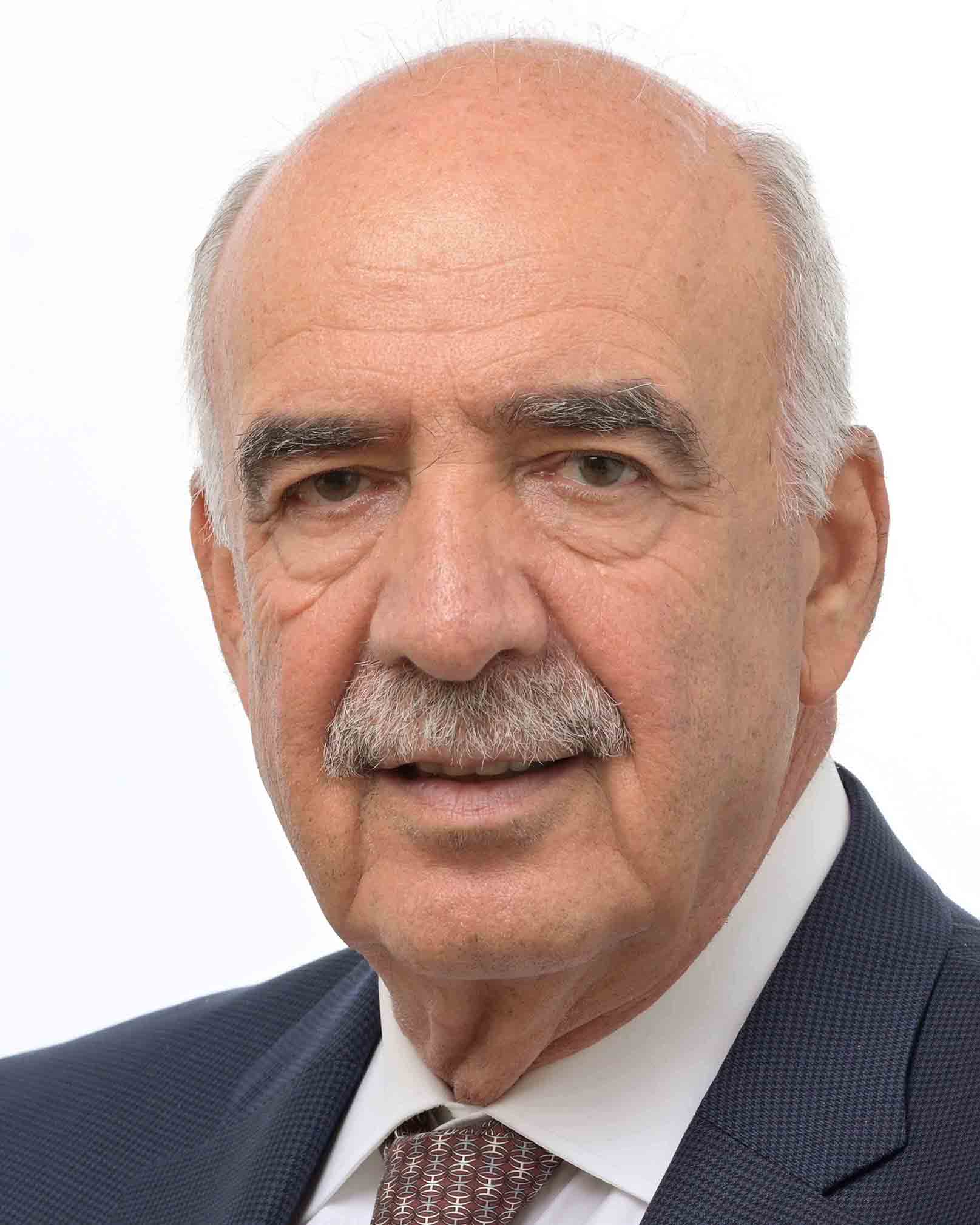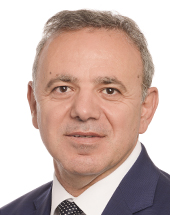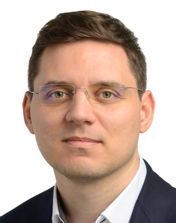
Choisissez la langue de votre document :
- bg - български
- es - español
- cs - čeština
- da - dansk
- de - Deutsch
- et - eesti keel
- el - ελληνικά
- en - English
- fr - français
- ga - Gaeilge
- hr - hrvatski
- it - italiano
- lv - latviešu valoda
- lt - lietuvių kalba
- hu - magyar
- mt - Malti
- nl - Nederlands
- pl - polski
- pt - português
- ro - română
- sk - slovenčina
- sl - slovenščina
- fi - suomi
- sv - svenska
|
| Procedūra : 2021/2738(RSP) |
| Dokumentu lietošanas cikli : | ||||||
Iesniegtie teksti : RC-B9-0331/2021 | Debates : PV 08/06/2021 - 9CRE 08/06/2021 - 9 | Balsojumi : PV 10/06/2021 - 2PV 10/06/2021 - 9 | Pieņemtie teksti : P9_TA(2021)0288 | |||
| Debašu stenogramma |
|
|
| Otrdiena, 2021. gada 8. jūnijs - Strasbūra |
|
| Pēdējā atjaunošana: 2021. gada 20. septembris | Juridisks paziņojums - Privātuma politika |

